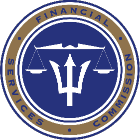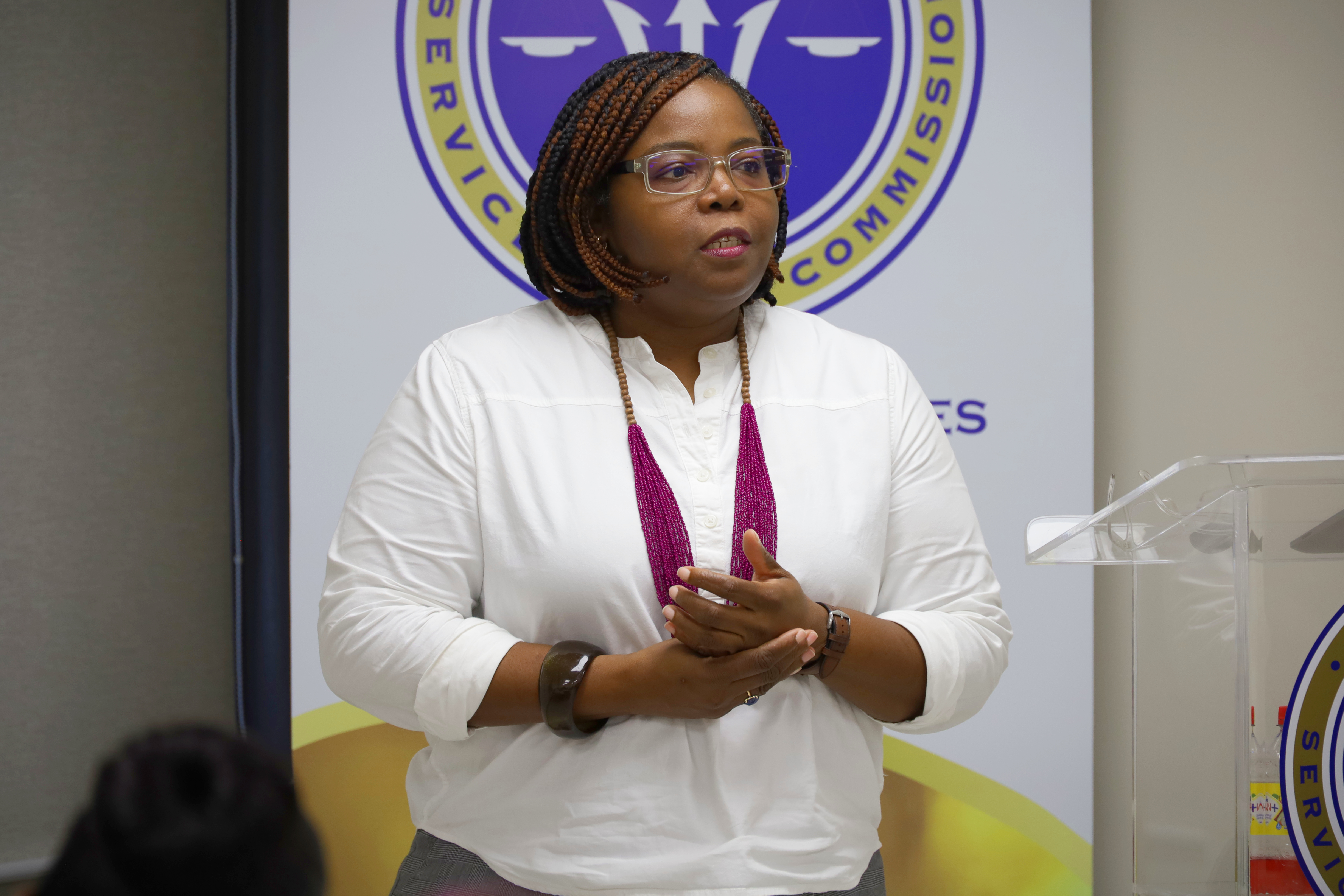

Navigating the Financial Services Commission: Who We Are and What We Do
In the fast-paced and ever-evolving world of finance, oversight and regulation are paramount to ensuring stability and protecting consumers. At the forefront of this responsibility is the Financial Services Commission (FSC). Established in 2011 under the Financial Services Commission Act, the FSC plays a vital role in shaping and navigating Barbados' financial landscape.
Supervision and Regulation: The Cornerstone of the FSC's Mandate
One of the key functions of the FSC is to supervise and regulate various sectors within the financial industry. This includes insurance, occupational pensions, securities, mutual funds, and credit unions. By closely monitoring these sectors, the FSC aims to maintain a robust financial ecosystem that operates within legal frameworks and upholds ethical practices.
Licensing and Registration: Ensuring Compliance and Legitimacy
The FSC is responsible for licensing or registering financial institutions, including banks, insurance companies, trust companies, and credit unions. This process ensures that these institutions meet specific criteria and operate legitimately within the regulatory framework. By establishing rigorous standards, the FSC helps maintain a stable and well-regulated financial sector.
Setting Standards for Institutional Strengthening and Risk Control
In addition to licensing and registration, the FSC plays a pivotal role in establishing standards for institutional strengthening and risk control. Through regular assessments and ongoing monitoring, the FSC evaluates risk management practices, capital adequacy, internal controls, and corporate governance within financial institutions. By doing so, it aims to enhance the stability, resilience, and integrity of the financial system in Barbados.
Consumer Protection: Safeguarding the Interests of Consumers
Consumer protection is a core focus for the FSC. It sets guidelines and regulations to promote fair practices, transparency, and accountability within the financial sector. By doing so, the FSC ensures that consumers' interests are protected, and their rights are upheld. In cases of disputes or grievances, the FSC provides a platform for resolution, handling complaints and investigating potential misconduct by financial institutions. Through its actions, the FSC aims to maintain consumer confidence and trust in the financial industry.
Enhancing Public Confidence and Awareness
Beyond its regulatory functions, the FSC plays a vital role in enhancing public confidence and awareness in the financial industry. It strives to increase awareness among consumers about their rights and responsibilities, promote financial literacy, and ensure transparency in financial transactions. By providing information and resources, the FSC empowers individuals to make informed financial decisions and navigate the intricacies of the financial landscape.
Adapting to Emerging Trends and Challenges
As the financial landscape continues to evolve, the FSC remains committed to adapting and evolving its regulatory frameworks. It keeps abreast of emerging trends, technological advancements, and global standards to ensure that it maintains a progressive and robust regulatory environment. This enables the FSC to effectively address potential risks and challenges facing the financial industry, fostering a sustainable and resilient financial sector in Barbados.
The Financial Services Commission (FSC) holds a critical position in safeguarding Barbados' financial landscape. Through its functions of supervision and regulation, licensing and registration, setting standards, consumer protection, and enhancing public confidence and awareness, the FSC contributes to a well-regulated and transparent financial sector. By promoting stability, consumer protection, and ethical practices, the FSC fosters confidence and trust in the financial industry, ultimately supporting the economic growth and development of Barbados.



